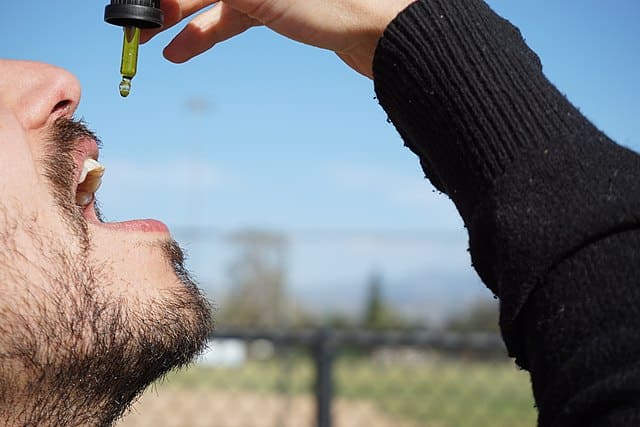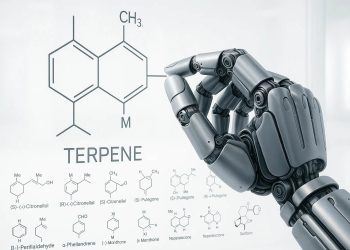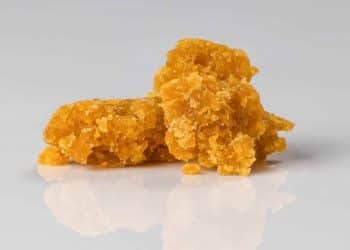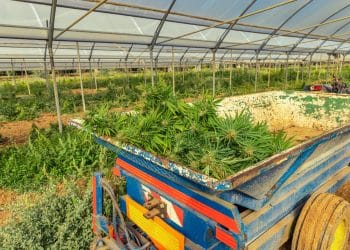Dr. Christopher Hudalla of ProVerde Labs and Patrick Nightingale of Cannabis Legal Solutions weigh in on delta-8.
By Robert Hammell
With hemp-based cannabidiol (CBD) being legal under federal law and the concomitant rise of delta-8-tetrahydrocannabinol (THC), a lot of questions are emerging. Many people ask: is this the back door into cannabis legalization? On the other hand, Dr. Christopher Hudalla, analytical chemist and founder of ProVerde Labs, says they may be cause for alarm.
What is Really in Delta-8 Products?
“I have not seen one decent product, and believe me, I’ve tested thousands,” Dr. Hudalla said in an interview. He goes on to state that delta-8 in, its purest form has shown promise for therapeutics, but describes the D-8 that is available on the market as a “unicorn” version. “Pure delta-8 does not exist in a natural form on the market,” Hudalla explains. “Every delta-8 sample available on the market contains harmful synthetic chemical reagents that have been proven to have toxic effects. We have seen samples that have as much as 47% reagents,” Dr. Hudalla revealed. “We don’t even know what some of them are.”
When asked about what to do with companies that are using consumers as “guinea pigs,” Dr. Hudalla said, “these people should go to prison.”
The Legal Challenges of Delta-8 Extraction
Speaking of prison, we also spoke to Patrick K. Nightingale, a lawyer with Cannabis Legal Solutions, about how delta-8 is regulated. “For the delta-8 THC business, it looks good at the moment,” he explained. “The DEA said that only delta-9 THC in concentrations greater than 0.3% total THC are controlled as is THC synthetically produced from non-cannabis materials. While the DEA does not appear to consider delta-8 THC a controlled substance, states are free to set their own delta-8 THC policies.”
Because of this, the decision falls to each state as to how they wish to regulate delta-8 products. States have taken wildly different approaches to the regulation with everything from complete to no regulation at all. Going along with Dr. Hudalla, Mr. Nightingale points out that “the FDA is the agency responsible for regulating the hemp industry and has issued a consumer update warning that delta-8 THC products have yet to be evaluated and approved.” Whatever the FDA decides will lead to massive consequences for the entire delta-8 industry.
What is the Solution?
Until the FDA evaluates delta-8 and decides if the products are safe for consumers or not, it is likely that nothing will change on a federal level. Little by little, states may choose to regulate these products on their own, but until then, it is up to the consumers to decide if delta-8 is worth the risk both chemically and legally. Or in the words of Mr. Nightingale, “caveat emptor.”
Image Credit: Image Credit: elsaolofsson, CC BY 2.0, via Wikimedia Commons












